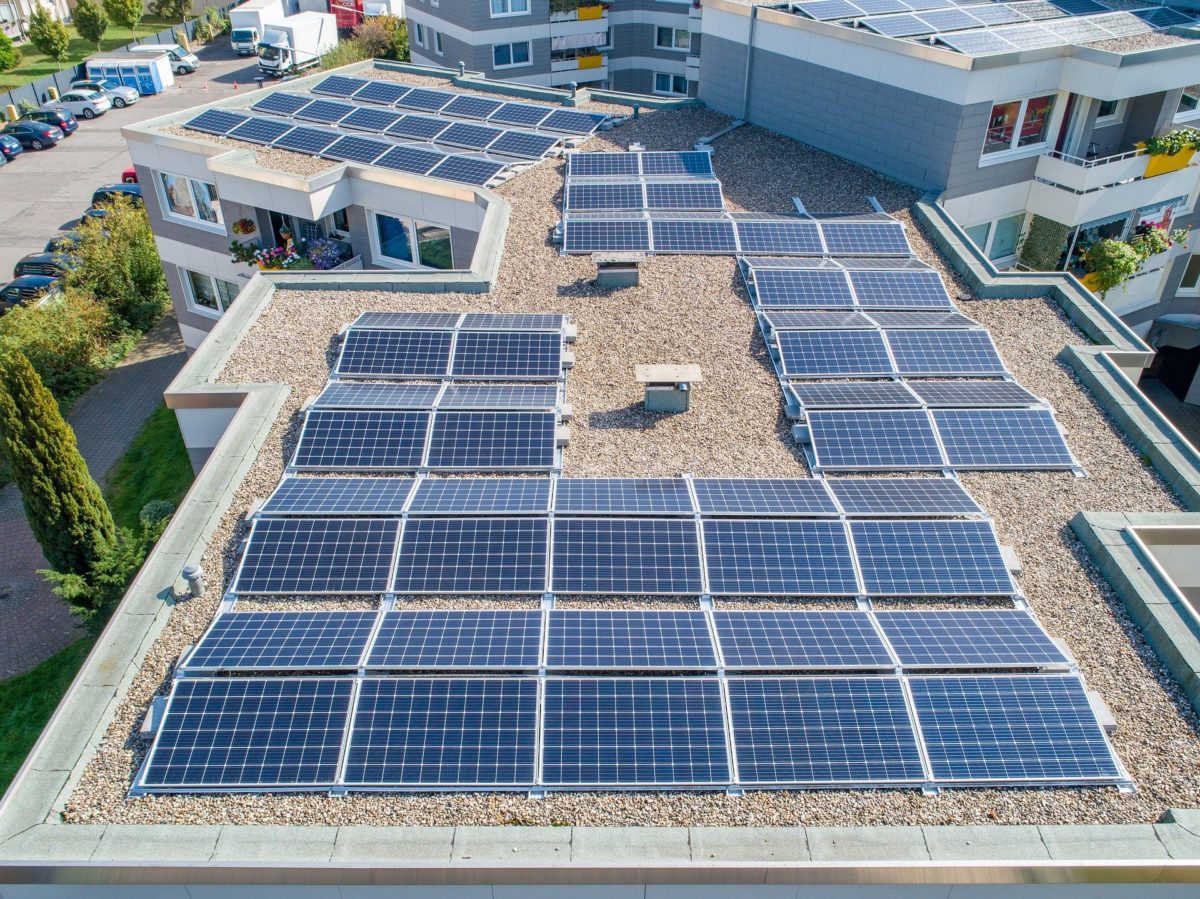Photovoltaic module demand reached 4,950 MW in Brazil last year, according to a new report from Brazil-based consultancy Greener.
The company’s analysts reported that panel imports totaled 4,760 MW and domestic products accounted for 190 MW – which represents around 3.8% of the total market share. For comparison, in 2019, module imports reached 4,134 MW and domestic products totaled 139 MW.
Modules
The report also revealed that around 32% of the shipped modules employed monocrystalline PERC cell technology while this percentage a year earlier, stood at less than 10%. Polycrystalline PERC panels reached a 24% share, while for mono and poycrystalline standard modules, this percentage stood at 24% and 20%, respectively.
Canadian Solar, Trina Solar and Risen were the three largest providers last year, with shipments of 926 MW, 824 MW and 797 MW, respectively. Canadian Solar owns and operates a solar module factory in Sao Paulo and modules produced locally benefit from low-interest-rate financing from Brazil's development banks. Chinese battery and module maker BYD, which also operates a panel manufacturing facility in Brazil, was the fifth largest provider, with 526 MW of shipped modules, behind Jinko, which sold products with a combined capacity of 526 MW in Brazil last year.
Inverters
Inverter shipments last year reached 4,900 MW, with 1,449 MW being shipped in the fourth quarter alone. A year earlier, total inverter shipments had totaled 3.48 GW.
The largest provider was China-based Sungrow, with 651 MW, followed by Chinese inverter maker Growatt, with 467 MW; and Austria's Fronius, with 456 MW. Particularly strong growth was registered in the segment of devices with capacities below 50 kW, Greener said in the report.
Popular content
Increasing prices
The report added, PV system prices in the distributed generation segment grew by 20% last year, due to the strong devaluation of the real and high logistical costs. In the previous years, instead, these prices have been decreasing constantly.
The average cost of a 4 kW project, for example, rose from BRL3.17/Wp ($0.58) in January 2020 to BRL3.30/Wp in January this year.
For a 50 kW system, the price grew from BRL2,49/Wp, to BRL2.72 while for a 1 MW installation, the bill increased from BRL2.34/Wp, to BRL2.55.
The Brazilian government is supporting distributed generation through Convention 16/15 (Convenio ICMS 16/2015), which exempts the owners of solar systems with a generation capacity of up to 1 MW from paying the ICMS state sales tax under a net metering regime open to projects no larger than 5 MW.
This content is protected by copyright and may not be reused. If you want to cooperate with us and would like to reuse some of our content, please contact: editors@pv-magazine.com.



3 comments
By submitting this form you agree to pv magazine using your data for the purposes of publishing your comment.
Your personal data will only be disclosed or otherwise transmitted to third parties for the purposes of spam filtering or if this is necessary for technical maintenance of the website. Any other transfer to third parties will not take place unless this is justified on the basis of applicable data protection regulations or if pv magazine is legally obliged to do so.
You may revoke this consent at any time with effect for the future, in which case your personal data will be deleted immediately. Otherwise, your data will be deleted if pv magazine has processed your request or the purpose of data storage is fulfilled.
Further information on data privacy can be found in our Data Protection Policy.